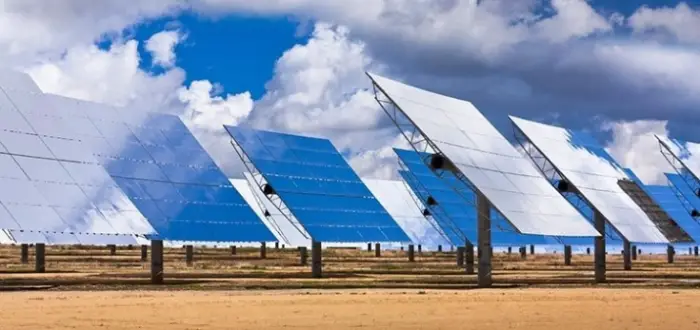The Italian solar firm Ternienergia will construct a 10 MW PV facility in Tozeur, southern Tunisia. The company will sign the US $12.5 million deal for the project within a few days.
Also read:Tunisia to invest US $1 billion in renewable energy projects
The Italian renewable energy company and solar firm Ternienergia has established it will sign a deal to construct a 10 MW PV plant in Tunisia on March 23, as earlier reported by Italian press
The company first announced the $12.5 million order in January. The contract for the project will be signed with the nation’s state-run utility Société tunisienne de l’électricité et du gaz (STEG), which is also the body managing Tunisia’s renewable energy program.
The contract will comprise the full EPC activity, with the supply of PV modules and inverters. No additional technical or financial specifics were released at the time.
Tunisia’s Ministry of Economy issued the Request for Proposal for the construction of the plant back in 2014.
The project is part of Tunisia’s solar program Plan Solaire Tunisien (PST).
According to Climate Action, the Energy General Direction of the Tunisian Ministry of Energy and Mines has lately announced it will invest US $1 billion to install 1 GW of renewable energy generation capacity in 2017.
Of this capacity, about 650 MW is projected to come in the form of PV plants.
Tunisia targets to cover 30% of its electricity demand with renewable energies in 2030
On November 22, 2016, Tunisia announced the Tunisian Renewable Energy Action Plan 2030.
Following a number of energy studies and owing to the lack of a combined energy strategy, the Ministry of Energy, Mines and Renewable Energy launched a new plan and strategy.
The strategy objective is to fortify both the national fossil and renewable energy resources. This will be executed by boosting energy intensity by 3% yearly during 2016-2030. The strategy also hopes to save energy by 17% during the period 2016-2020.

